Why do so few female chefs have Michelin stars?
Sexism, harassment and work-life balance blamed as only one woman is honoured in UK and Ireland awards this year
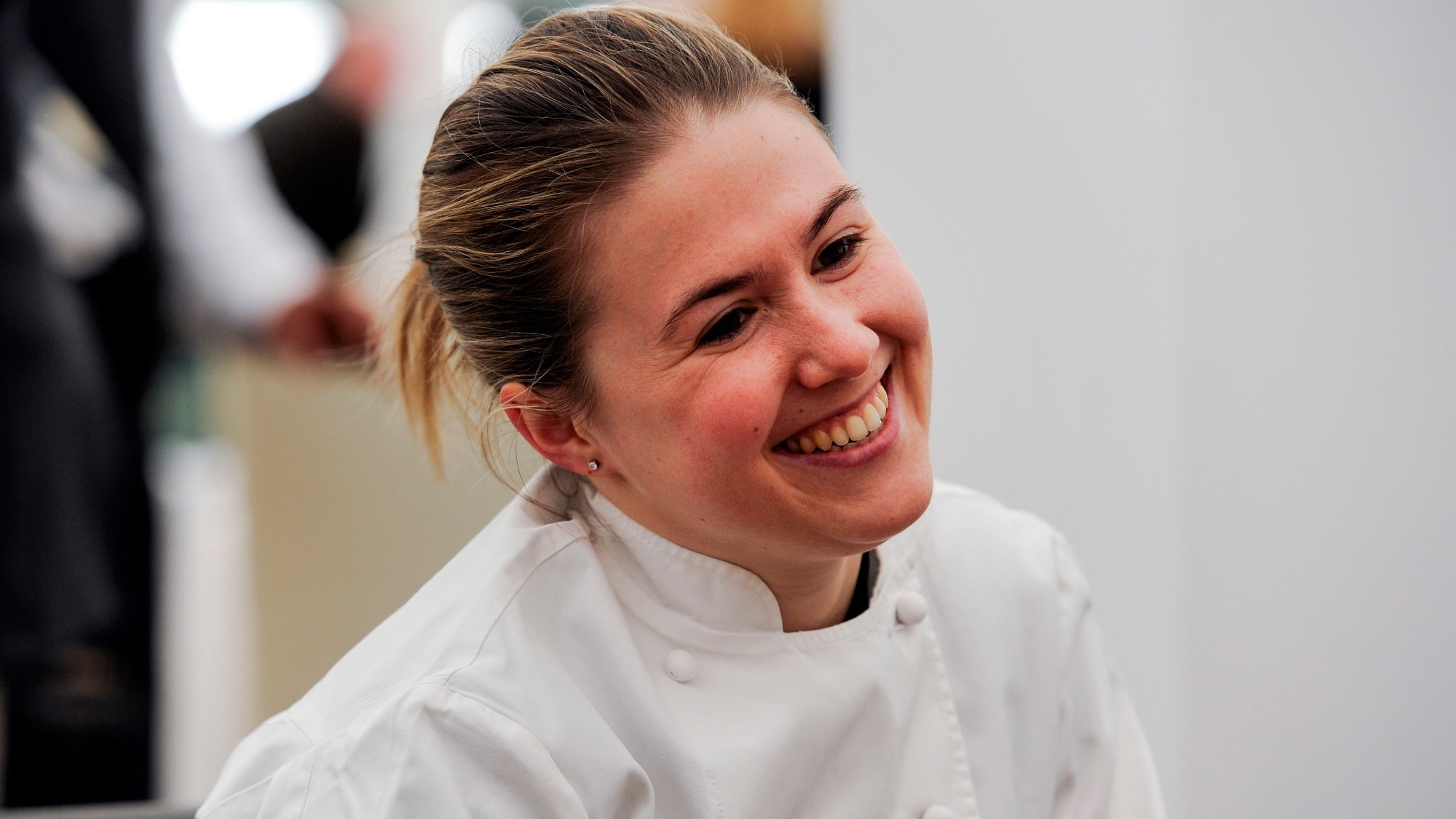
A free daily email with the biggest news stories of the day – and the best features from TheWeek.com
You are now subscribed
Your newsletter sign-up was successful
Female chefs have been left feeling burned after only one UK or Irish restaurant run by a woman was among the 22 to win a coveted Michelin star this month.
To make matters worse, the woman – Emily Roux of London's Caractère – was given a male chef's jacket to wear to join her 21 fellow winners on stage for a celebratory photo. "Mistakes happen," she later told London's The Standard, "but I was the only woman on the stage and they could have made an effort."
It's a male chef's world
This is not the first time the Michelin awards have been scrutinised for their record on gender parity. A 2022 report found that of the 2,286 Michelin-starred restaurants in the world, only 6% were led by women.
The Week
Escape your echo chamber. Get the facts behind the news, plus analysis from multiple perspectives.

Sign up for The Week's Free Newsletters
From our morning news briefing to a weekly Good News Newsletter, get the best of The Week delivered directly to your inbox.
From our morning news briefing to a weekly Good News Newsletter, get the best of The Week delivered directly to your inbox.
"For every female-led Michelin-starred establishment, there are 16 run by men," said professional organisation Worldchefs.
That doesn't mean women aren't in the kitchens, but the Michelin star is awarded to an establishment's head chef and not the wider team that supports them. Those chefs are still overwhelmingly male.
Systemic inequalities result in women taking on the bulk of childcare and household duties, so building any career is difficult enough, never mind the "unique and intense demands" needed to reach the highest echelons of a culinary career.
Keeping women in the kitchen
Demands outside the restaurant world may not be the only reason so few women reach the top. The "macho culture" in kitchens can make them "hostile and intimidating" for aspiring female chefs, said Hospitality & Catering News.
A free daily email with the biggest news stories of the day – and the best features from TheWeek.com
Indeed, 70 female chefs wrote an open letter to The Times last week denouncing the "culture of fear" they say exists in British restaurants, and alleging everything from "inappropriate comments and behaviours to unequal opportunities for advancement".
Many female chefs' experience of professional kitchens involves "severe sexual harassment", said The Telegraph. One said that complaints about a male colleague pressing against her were "met with jeering". Another said a man grabbed her "inappropriately", causing her to "mess up". He then told their head chef she wasn't ready to progress to a new section.
But there is "good news" too. Many of the women who signed the letter are now in positions of leadership, enabling them to change restaurant culture "from the ground up". "This feels like our #MeToo movement, in some way," said London chef Sally Abé.
Elizabeth Carr-Ellis is a freelance journalist and was previously the UK website's Production Editor. She has also held senior roles at The Scotsman, Sunday Herald and Hello!. As well as her writing, she is the creator and co-founder of the Pausitivity #KnowYourMenopause campaign and has appeared on national and international media discussing women's healthcare.
-
 Political cartoons for February 15
Political cartoons for February 15Cartoons Sunday's political cartoons include political ventriloquism, Europe in the middle, and more
-
 The broken water companies failing England and Wales
The broken water companies failing England and WalesExplainer With rising bills, deteriorating river health and a lack of investment, regulators face an uphill battle to stabilise the industry
-
 A thrilling foodie city in northern Japan
A thrilling foodie city in northern JapanThe Week Recommends The food scene here is ‘unspoilt’ and ‘fun’
-
 8 restaurants that are exactly what you need this winter
8 restaurants that are exactly what you need this winterThe Week Recommends Old standards and exciting newcomers alike
-
 Critics’ choice: Watering holes for gourmands
Critics’ choice: Watering holes for gourmandsFeature An endless selection of Mexican spirits, a Dublin-inspired bar, and an upscale Baltimore pub
-
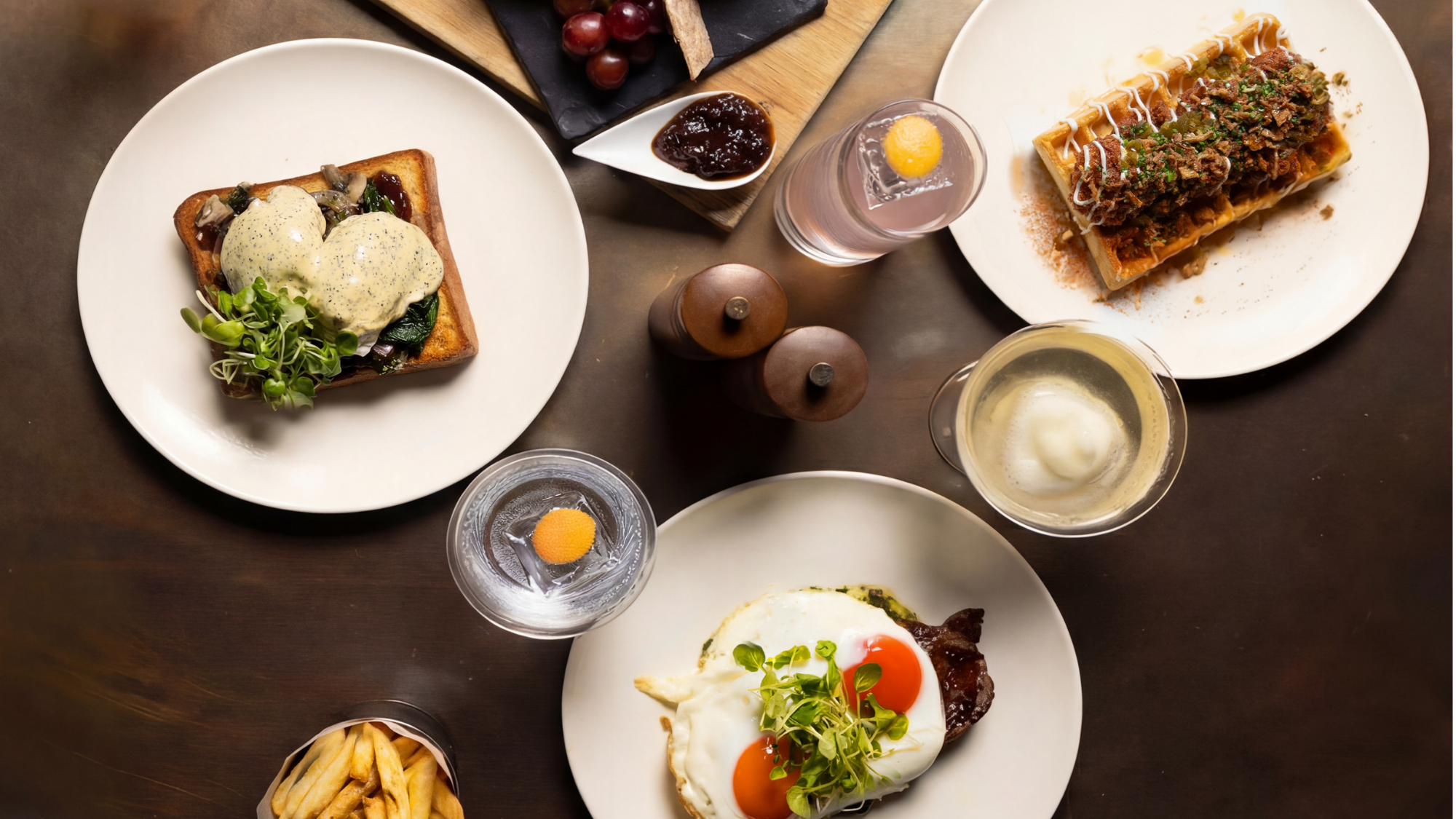 London’s best breakfasts and brunches
London’s best breakfasts and brunchesThe Week Recommends However you like your eggs in the morning, these memorable restaurants have you covered
-
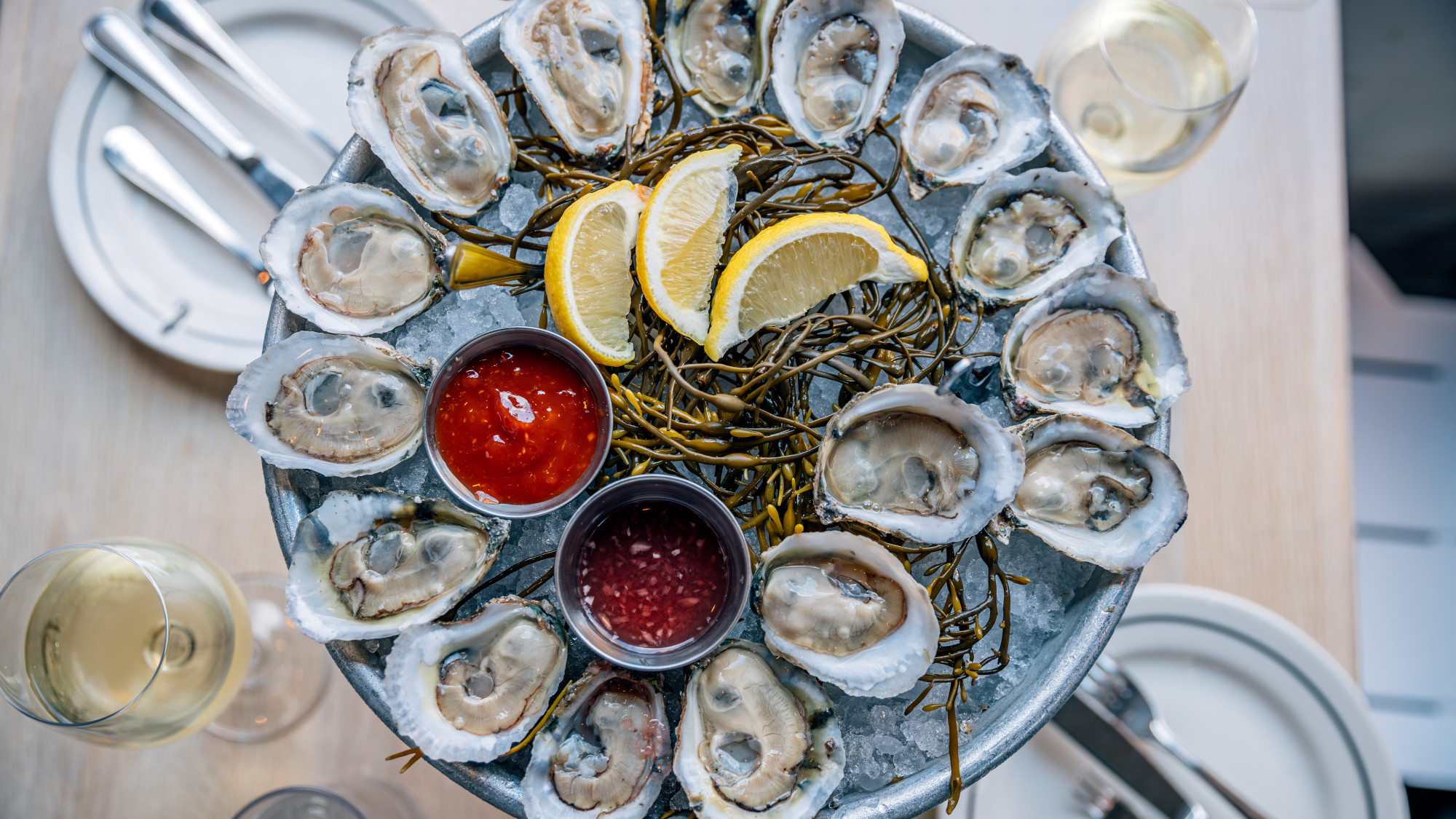 Critics’ choice: Seafood in the spotlight
Critics’ choice: Seafood in the spotlightFeature An experimental chef, a newspaper-worthy newcomer, and a dining titan’s fresh spin-off
-
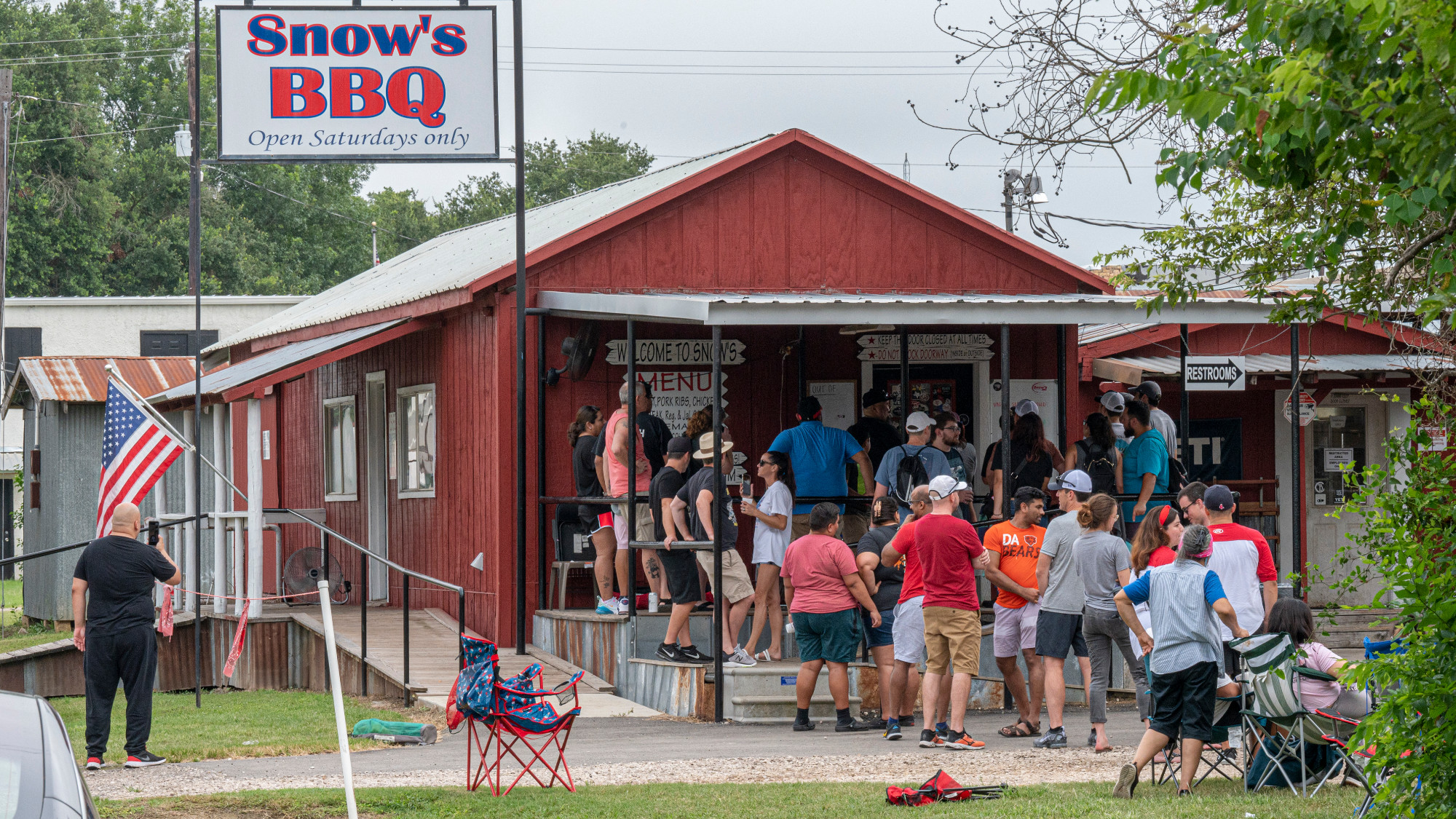 Southern barbecue: This year’s top three
Southern barbecue: This year’s top threeFeature A weekend-only restaurant, a 90-year-old pitmaster, and more
-
 Critics’ choice: Celebrating rare Asian cuisines
Critics’ choice: Celebrating rare Asian cuisinesFeature The 2025 Restaurant of the Year, a Hmong culinary tribute, and an Uyghur feast
-
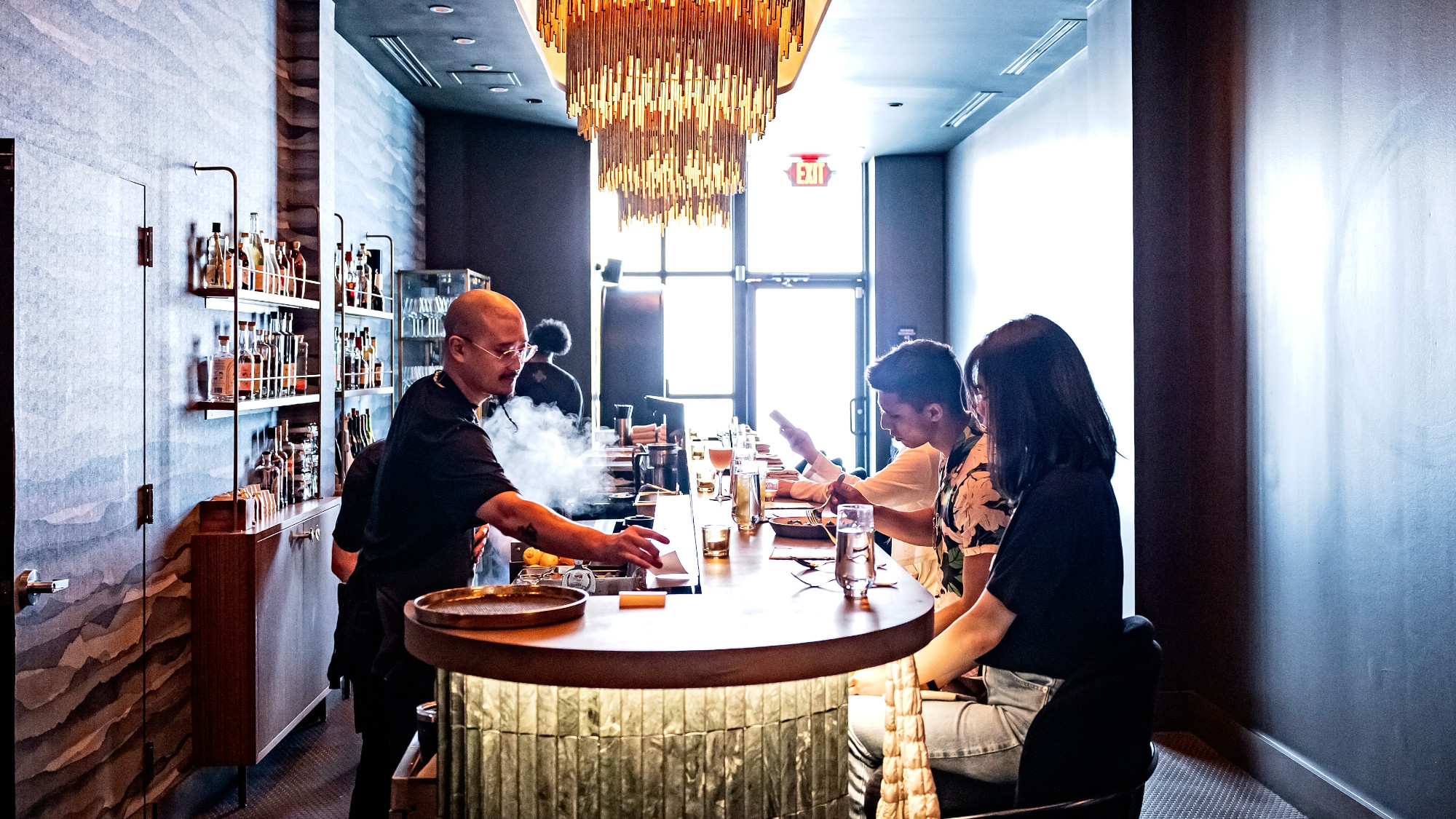 Critics’ choice: Three small yet magical Korean restaurants
Critics’ choice: Three small yet magical Korean restaurantsFeature A chef creates magic from scallops, a restaurant’s no-waste ethos, and more
-
 The 9 restaurants to eat at this very moment
The 9 restaurants to eat at this very momentThe Week Recommends They’re award-winning. Isn’t that reason enough?